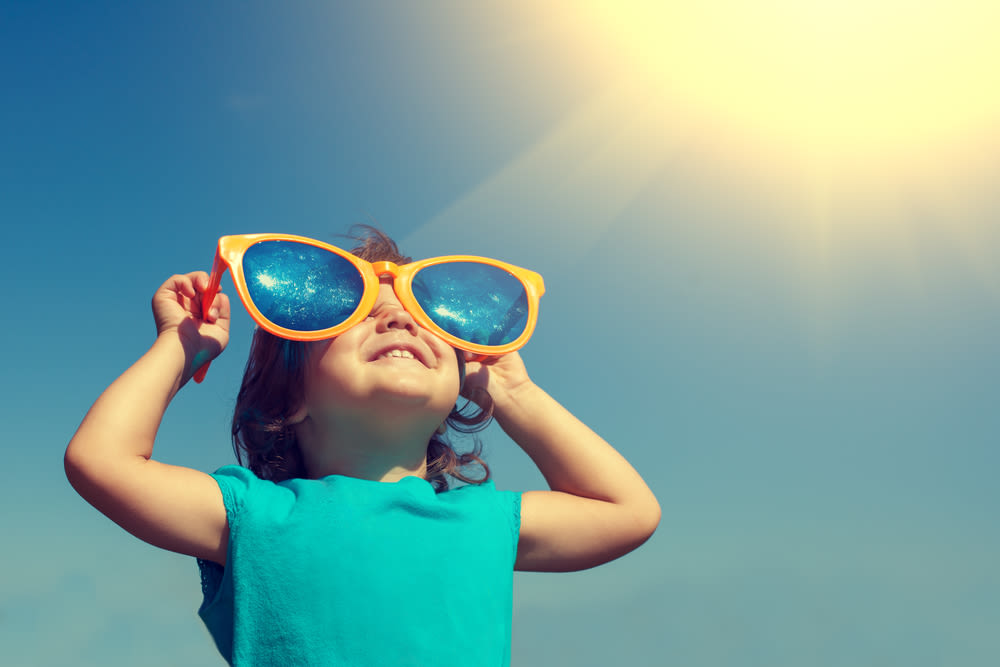We Asked Portland Doctors to Tackle Five Summer Safety Myths

We may need to let go of the idea of “healthy tanning," according to OHSU's Dr. Ben Hoffman.
Image: Shutterstock/vvvita
It’s hot, y’all! And while many of us are eager to soak in the maximum amount of rays while wearing the bare minimum amount of clothing, it’s important to stay safe. We talked to Dr. Ben Hoffman, the medical director of the Tom Sargent Safety Center at OHSU, and Dr. Rowena Manalo, the chief of family medicine at Kaiser Permanente Northwest, to learn a few heat safety tips—and knock out some myths that may have led you astray.
Is it bad to drink dairy when it’s hot out? What about iced coffee, wine, or beer?
Dr. Hoffman: The point is less about what you drink (alcohol and caffeine excluded) than how much you drink. With heat, the amount of fluid losses from sweat and evaporation increase, and it is important to keep the tank full. Water is by far the best thing to drink. For all else, too much of anything—milk, juice, sports drinks—is not necessarily good.
In general, caffeine and alcohol increase fluid losses because they act as diuretics (which means that they increase our urine output, so even if the tank is full, the spigot is more opened). So, drinking caffeine or alcohol should be accompanied with a conscious effort to drink more water as well.
Dr. Manalo: Be on the lookout for early signs of dehydration. For example, if your kids aren’t taking breaks to urinate or if their urine is darker than usual; those are signs of dehydration.
Will I stay more hydrated in the water than on land?
Dr. M: Just because you’re in the pool doesn’t mean you can forget about drinking water or other fluids. Please be especially mindful of keeping hydrated when poolside as well—hot sun affects you on water and land.
Can I get burnt under overcast skies?
Dr. H: Absolutely—about 80 percent of the sun’s UV rays pass through clouds, so even if there is no visible sun, the danger is still there!
Is it safe to run in the heat?
Dr. M: People who run for exercise become acclimated to different temperatures. If you are not used to high temperatures, and are planning a run, please plan carefully. Consider avoiding the sun’s peak hours from 10 a.m. to 3 p.m. It’s important to be well-hydrated before your run and bring plenty of water with you, or make sure you run a route and know your water sources. If you become tired, fatigued at an earlier mileage, or start getting cramps, please listen to your body and hydrate, slow down, or consider stopping your run.
Is it OK to sunbathe?
Dr. H: The idea of “healthy tanning” is really something we should let go. In fact, rethinking tanning as mild skin damage from the sun is more appropriate. While sun exposure helps our bodies produce vitamin D, sun exposure to skin can cause damage, even without a burn. It is hard to know what the limit is, and I think it is best for people just to be aware and smart. Using sunscreen (SPF-30 or higher, and reapplying every 90 minutes or so), hats, sun-protective clothing (swim shirts etc.) and shade can all help prevent skin damage.




